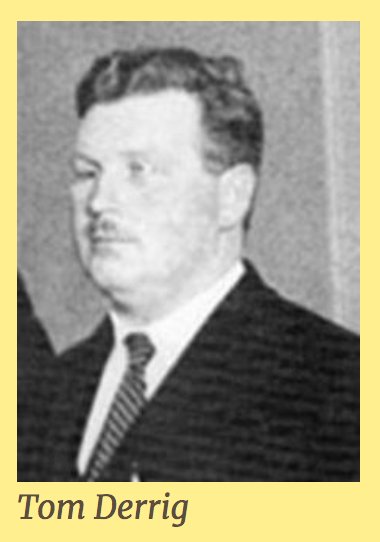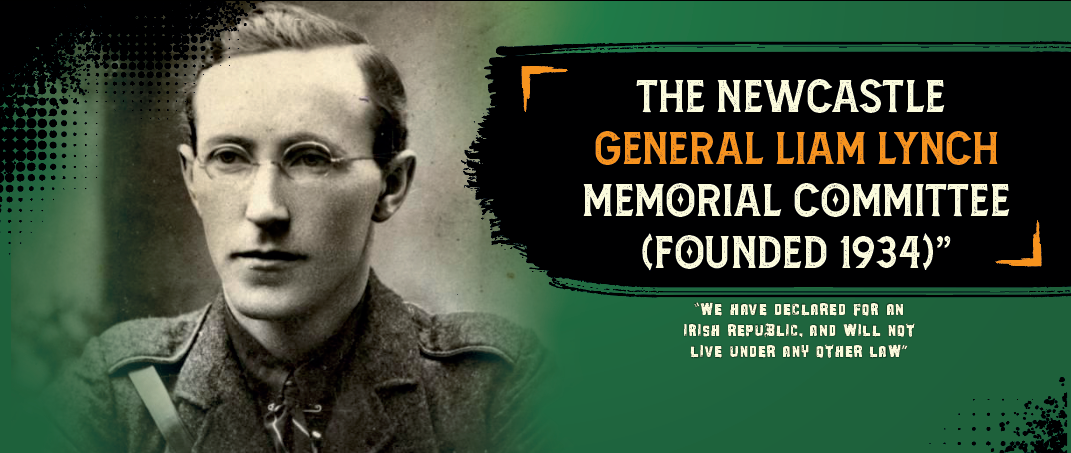Profile of Tom Derrig present at the meeting in the Nire with Liam Lynch on the 26th March 1923
Derrig, Thomas (Ó Deirig, Tomás) (1897–1956),
A member of Fianna Éireann (from 1913) and later the Irish Volunteers and the IRB, he was a co-founder and captain of the university corps of the Volunteers. Arrested after the 1916 rising and imprisoned at Frongoch camp, Wales, he was released after the UCG authorities made representations on his behalf.
Appointed headmaster of Ballina technical school, he became commandant of the Westport battalion IRA in November 1919, and in 1920 commandant of the West Mayo brigade. While in prison, he was nominated (without his knowledge) as a Sinn Féin candidate for Mayo North and West in the May 1921 general election. Duly elected, he was released in August 1921 for a meeting of the dáil that conferred on Éamon de Valera the powers to commence negotiations with the British government.
Hostile to the treaty, he held several senior positions in the anti-treaty forces, including assistant adjutant general. During the civil war a document was captured, bearing Derrig’s signature as adjutant general of the anti-treaty forces, which ordered the execution of all members of the provisional government, all those who voted for the special powers act, the members of the army council, and the majority of the national army legal staff. This letter, and the subsequent assassination of two TDs, were used as justification for the execution (8 December 1922) without trial of anti-treaty IRA executive members Rory O’Connor , Liam Mellows , Joseph McKelvey , and Richard Barrett by the Free State government.
Derrig was also a member of the IRA executive (from 12 June 1922), a signatory of the anti-treaty proclamation (29 June 1922), and a member of the IRA army council (from 16 October 1922). After the fall of the Four Courts (30 June 1922), he was briefly captured before going on the run in Co. Dublin, Co. Wicklow, and Co. Wexford. He was with Liam Lynch in the Nire and Finally captured at Raglan Road, Dublin, in April 1923, he lost his left eye in a scuffle as he was arrested. Within weeks he was moved to Mountjoy jail and from there to the Curragh, where he conducted classes in Irish, commerce, and economics for his fellow inmates. After the 1923 election Derrig organised and took part in a mass hunger strike among the anti-treaty prisoners. Deaths and rapid prisoner releases followed before the strike was concluded after forty-one days on 23 November 1923. Released in July 1924, he returned to his job as headmaster of Ballina technical school but he resigned when asked to sign the declaration of allegiance to the Irish Free State. Moving to Dublin, he secured a teaching post at the CBS, North Richmond St., and in the following year attained his higher diploma in education.
A founder member of Fianna Fáil, he was a senior member of its national executive for many years. Elected a TD for Carlow–Kilkenny (June 1927–1937), Kilkenny (1937–48), and Carlow–Kilkenny (1948–56),


